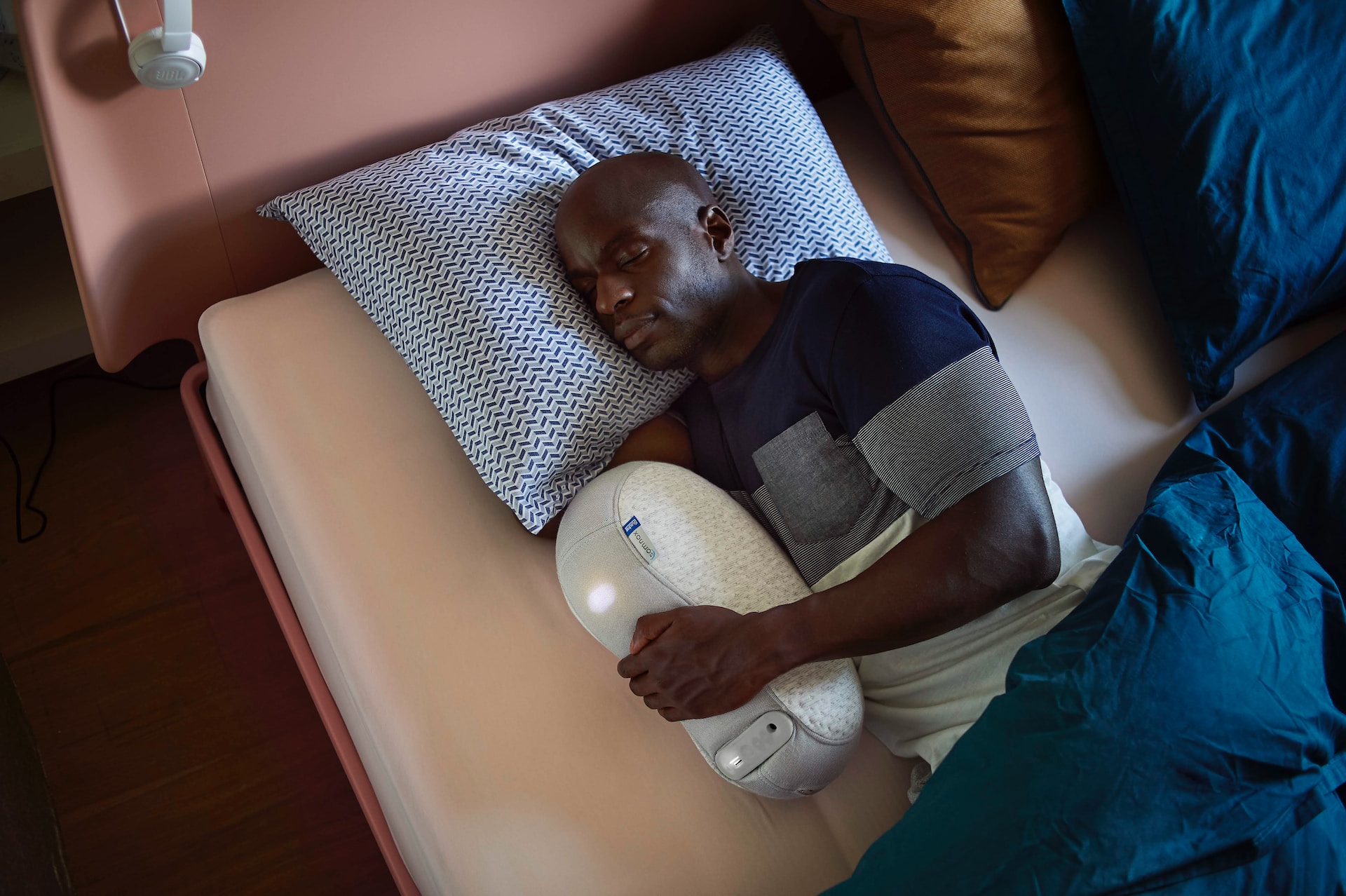Sleep apnea, a common sleep disorder, affects millions of people worldwide. It is characterized by interruptions in breathing during sleep, which can cause daytime tiredness and other health issues. While its exact causes are not fully understood, there are several symptoms you have to watch out for. One of these is daytime tiredness, which can be an early warning sign of sleep apnea.
What Is Sleep Apnea?
It is a sleep disorder causing interruptions in breathing during sleep. These interruptions are typically caused by a blockage in the airway, which can be due to several factors such as the relaxation of throat muscles or excess weight. Sleep apnea can cause you to stop breathing for several seconds or even minutes, decreasing oxygen levels in the body.
This condition has two types: obstructive sleep apnea and central sleep apnea. Obstructive sleep apnea is the most common type and occurs when the airway is blocked by the collapse of throat muscles during sleep. Meanwhile, central sleep apnea is caused by a failure of the brain to signal the muscles to breathe during sleep. Both types of sleep apnea can cause daytime tiredness and other health issues if left untreated.
What Causes Sleep Apnea?
It can be difficult to point out the exact cause of sleep apnea, but there are factors that may increase your chances of developing the disorder. These include:
- Excess weight: People who are overweight or obese are more likely to develop sleep apnea. The excess weight can lead to the narrowing of the airway, making it more difficult to breathe during sleep.
- Age: The sleep disorder is more common in older adults, as the muscles in the throat tend to relax and lose tone with age.
- Gender: Men are more likely than women to develop sleep apnea.
- Family history: There may be a genetic component to sleep apnea, as it tends to run in families.
- Smoking: Smoking can lead to inflammation and swelling in the airway, making it more difficult to breathe during sleep.
- Alcohol and sedative use: Using these two can relax the muscles in the throat, closing the upper airways and making it more likely for sleep apnea to occur.
Daytime Tiredness and Sleep Apnea
Daytime tiredness is one of the most common symptoms of sleep apnea. When your breathing is interrupted during sleep, it can cause them to wake up briefly or shift into a lighter stage of sleep. This can result in poor-quality sleep, which can lead to daytime tiredness and fatigue.
Daytime tiredness can be a warning sign of sleep apnea, especially if it is accompanied by other symptoms such as loud snoring, gasping or choking during sleep, and waking up with a headache or dry mouth. If you experience any of these, it is crucial to speak with your healthcare provider.
Diagnosing and Treating Sleep Apnea
If you suspect that you may have sleep apnea, your healthcare provider can refer you to a sleep specialist for further evaluation. The most common test used is a polysomnogram, which is an overnight sleep study that monitors your breathing, heart rate, and other body functions during sleep.
There are several treatment options available if you are diagnosed with sleep apnea. The most common one is continuous positive airway pressure (CPAP) therapy. While sleeping, you will wear a mask over your nose or mouth that is connected to a machine delivering a continuous stream of air pressure. This helps keep the airway open and prevent breathing interruptions.
Other options include oral appliances, which are custom-fitted devices that help reposition the jaw and tongue to keep the airway open, and surgery, which may be recommended in severe cases of sleep apnea.
Conclusion
If left untreated, sleep apnea can have serious health consequences. Daytime tiredness is one of its most common symptoms and can be an early warning sign of this condition. If you experience daytime tiredness or any other symptoms of sleep apnea, you should consult your healthcare provider. With the right diagnosis and treatment, this condition can be effectively managed, allowing you to get the high-quality sleep you deserve.
Don’t let sleep apnea keep you up at night. Sleep Under Cover offers a range of sleeping aids or advice to help you get the restful sleep you deserve. Browse through our website today to learn more and start sleeping better tonight.

